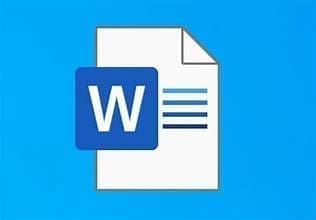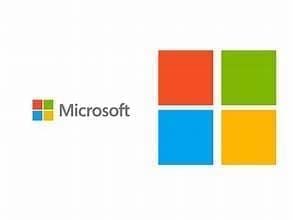Microsoft announced on Friday that it will discontinue the WordPad program with a future update to the Windows operating system because it is no longer actively being developed.

WordPad is considered a basic text editing application that allows users to create and edit documents using formatted text, as well as embed images and links to other files.


The American tech giant has been including the program with Windows systems automatically since 1995, starting with Windows 95, providing users with a basic word processor and integrated document editor within the operating system.
Microsoft now suggests using the paid application “Microsoft Word” as an alternative for users of WordPad and Notepad who do not require formatted text support.
Microsoft revealed yesterday that WordPad will no longer receive updates and will be removed in a future version of Windows, however, the company has not specified the exact timing of this change.
The company stated, “We recommend using Microsoft Word for rich text documents, such as .doc and .rtf, and Notepad for plain text documents, such as .txt.”
This decision is not surprising, as WordPad has been an optional feature of Windows since the Windows 10 Insider Preview Build 19551 was released in February 2020.
Although it is still installed by default on most Windows systems, it has become possible to uninstall it using the “Optional Features” option in the Control Panel.
The fate of WordPad is similar to that of the classic Paint program, which Microsoft removed with the Fall Creators Update of Windows 10 in 2017, however, Microsoft decided not to completely end Paint but instead made it available through the Microsoft Store after facing objections to the move.
If a sufficient number of people request it, Microsoft may also decide to move WordPad to the store, allowing it to remain available as a less feature-rich alternative to Microsoft Word and similar programs.
Last August, Microsoft discontinued its personal assistant application, Cortana, for Windows 11, following the announcement of this decision in June of the same year.
Microsoft initially launched Cortana as a digital assistant on the mobile operating system Windows Phone before introducing it to Windows 10 in 2015.
Microsoft is currently working on Windows Copilot, a new sidebar for Windows 11 that is powered by the Bing Chat chatbot and can control Windows settings, answer questions, and more.
Windows Copilot is expected to be available this fall as part of the Windows 11 update, which will also include native support for compressed files such as RAR and 7-Zip.

